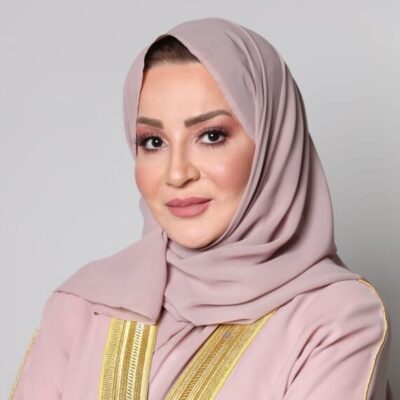
The study of personality occupies an essential place in psychology. A correct understanding of personality helps to recognise, interpret consciously, deal with it quickly, and even predict many future behavioural patterns of humans.
By Noura bint Faisal Al-Shaaban
If we look closely at its meaning, we find that personality is a set of individual traits and inherited and acquired physical and psychological characteristics that determine a person’s actions and thoughts. It also includes certain aspects, including emotions, values, beliefs, habits, and behaviours, that crystallise over time due to social and cultural interactions, experiences, and situations.
The personality's functional structure contains integrated components closely linked to stability and freedom from disorders. Disorders appear when an imbalance in one of the components or the relationship between them occurs. Usually, the physical components, like the individual's general appearance, play a significant role in the first impression of the personality, such as weight and height.
The efficiency level of a person’s motor skills in various life situations is then followed by the cognitive mental components, including mind and brain functions. In addition to the efficiency of mental abilities with linguistic and verbal skills, and the level of performance of higher cognitive processes, such as analysis, synthesis, memorisation, and remembering, while the emotional components come.
It is essential in how an individual responds to various stimuli. Responding determines the level of emotional stability and constancy and the extent to which these reactions are limited to the circle of emotions and feelings affected by social components. In addition to the individual’s roles in society, which is directly linked to methods of upbringing.
The human personality is complex and diverse, and despite the many results of studies and research conducted over the past decades by many scholars in the field of personality psychology, it contributes to self-awareness and works to develop and advance it when we realise our weaknesses and strengths. Our inclinations, we thus become more aware of the compatibility of our personality with different types of work and specialisations.
Our communication and understanding of others also improve, thus strengthening our personal and social relationships. This leads us to achieve personal development through our ability to accept the diversity of personality. While each individual has unique characteristics, so we become more informed. We show patience, tolerance, and respect for the cultures of others, regardless of their differences, according to the circle of our relationships.
I do not mean assimilation with them, but rather an awareness of them, along with the importance of respecting fundamental rights and freedoms by supporting recognised principles and good morals, which enhances the improvement of our skills in effective listening and positive communication, as good communication is a critical element in dealing.
With personalities, we develop our skills in perceiving feelings and managing emotions because emotional intelligence helps us understand psychological needs.
Through my experience as a member of the specialised committees that are considered the factory of the Shura Council’s decisions, I noticed that my Shura Council colleagues dealt with the issues raised for discussion in different ways. For example, what I saw as a priority, some of them saw as secondary, and vice versa.
Those rulings were based on the beliefs and cultural backgrounds of each person. Among us, the most beautiful thing was that some people reacted positively and accepted this difference. The fun lay in clarifying points of view for the most prominent challenges and solutions.
At the same time, the situation was more complicated in my membership of the Parliamentary Friendship Committees in the Council when we were receiving or visiting our counterparts from several other countries.
More broadly, I learned that there is no personality better than another. It is not necessary to exhaust our energy in changing the convictions of others. Still, the importance is embodied in knowing the best ways to influence them through analysing their patterns and the art of dealing with each type according to its energies, capabilities, and keys to supporting national issues and interests in regional forums.
